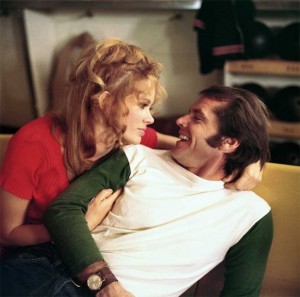 I’VE RECENTLY BEEN watching a lot of movies from the age of the auteur – that brief period that loosely mirrors the freeing up of morals, consciousness and perception that took place shortly after the explosion of LSD ingestion.
I’VE RECENTLY BEEN watching a lot of movies from the age of the auteur – that brief period that loosely mirrors the freeing up of morals, consciousness and perception that took place shortly after the explosion of LSD ingestion.
You know it already: a new generation of young things freed of the entrapments of previous generations (war, poverty, Victorian-era morals) and ready for something that was going to feed their heads and liberate their bodies. All of it manifesting itself in popular culture, most notably in music and movies.
I don’t think it’s nostalgia that’s driving me back to watch – and sometimes view again for the first time in decades – these extraordinary films, because I was too young to see most of them when they first hit the movie screens, and the picture palace in Hamilton wouldn’t have taken much of a shine to these disrespectful existentialist celebrations of being an outsider.
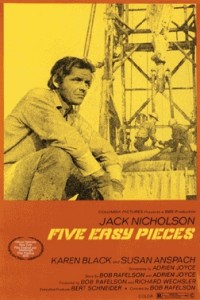 I love them because of the specific grain in the film and technique in the filming, but that’s beside the point. I love them because they’re motion pictures – an expensive co-operative effort – that allowed individual expression, and told stories that weren’t necessarily about cops or cowboys, and were often concerned with real ideas.
I love them because of the specific grain in the film and technique in the filming, but that’s beside the point. I love them because they’re motion pictures – an expensive co-operative effort – that allowed individual expression, and told stories that weren’t necessarily about cops or cowboys, and were often concerned with real ideas.
Apparently, this wave of American films only lasted about 10 years, and was wiped out by the advent of big sci-fi spectaculars like Star Wars. That’s what we’re told, anyway. In truth, plenty of auteurs have continued to make very personal, intimate films, but they’ve not had the backing or the publicity or done the numbers that, say, Easy Rider did.
One of the few American auteur movies that did make it to Hamilton in the late ‘60s was Head, featuring teen pop sensations The Monkees. Directed by Bob Rafelson, it was notable for being Jack Nicholson’s escape from b-movie horrors. I was nine when I saw it the first time, and was thrilled but utterly bamboozled. It was nothing at all like the TV show. I didn’t know it then, but this trippy, stream of consciousness film was a (flawed) work of genius. It bombed, maybe because The Monkees were seen by the hippy generation as the ultimate symbol of packaged goods, and therefore, were at odds with everything they thought they stood for. As I read somewhere, the film is like a (less coherent, in my opinion) version of Frank Zappa and the Mothers of Invention’s great ’68 anti-hippy album, We’re Only In It For The Money.
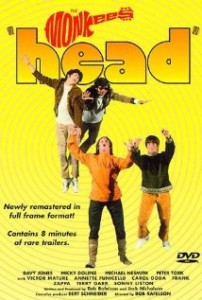 Anyway. Two years later, Rafelson went on to direct Nicholson in another film that’s become known as a classic of its time, Five Easy Pieces. I watched it last week, and hated it, but haven’t been able to stop thinking about it. Good films are like that sometimes.
Anyway. Two years later, Rafelson went on to direct Nicholson in another film that’s become known as a classic of its time, Five Easy Pieces. I watched it last week, and hated it, but haven’t been able to stop thinking about it. Good films are like that sometimes.
I should rephrase that. I hated watching it – not hated the film itself. As an adolescent, I would have viewed this film entirely impressionistically, not expecting any dramatic arc. It’s funny how you change, and not always for the better. When I saw this film last week, I was annoyed by its slow pace, the fact that each scene seemed like a self-contained vignette, Jack Nicholson’s not very likeable character, and yeah, the lack of conventional dramatic tension built up over its two-hour running time. Only later, as I mulled over the film, did it really start to sink in.
A film like Five Easy Pieces shows us the potential of film as something other than mere entertainment. It’s not that it doesn’t entertain – try the famed dining scene for a laugh-out-loud moment, and there are others. It’s just that it dares to explore a theme – existential crisis of privileged but emotionally malnourished pianist – that would be considered outré by any other era of Hollywood moguls. And it does it in an outrageous, creative manner, never considering what seems to be the main consideration of most cinema and television in 2012: KEEP ‘EM AWAKE!
As much as I love the larger than life stylisations of shows like True Blood, there’s a pit of nothingness at its centre; a pit of nothingness that contemporary techniques do their best to plug up with wowie-zowie everything-happening-at-once insanity.
By comparison, a film like Five Easy Pieces drags, but that dragging opens up possibilities; to explore interiors, enable genuine dialogue. Maybe it’s hard to watch because we’ve all go so much competing for attention, with Facebook and Twitter to monitor and cellphones ringing their vile tones and bulk emails flooding inboxes and, goddamn, real living type stuff to do as well!
I hated watching it, but I’m glad I did, and I can’t help wishing that the era of the American auteur had gone on a few decades longer than it did. GARY STEEL
Age & The Auteur
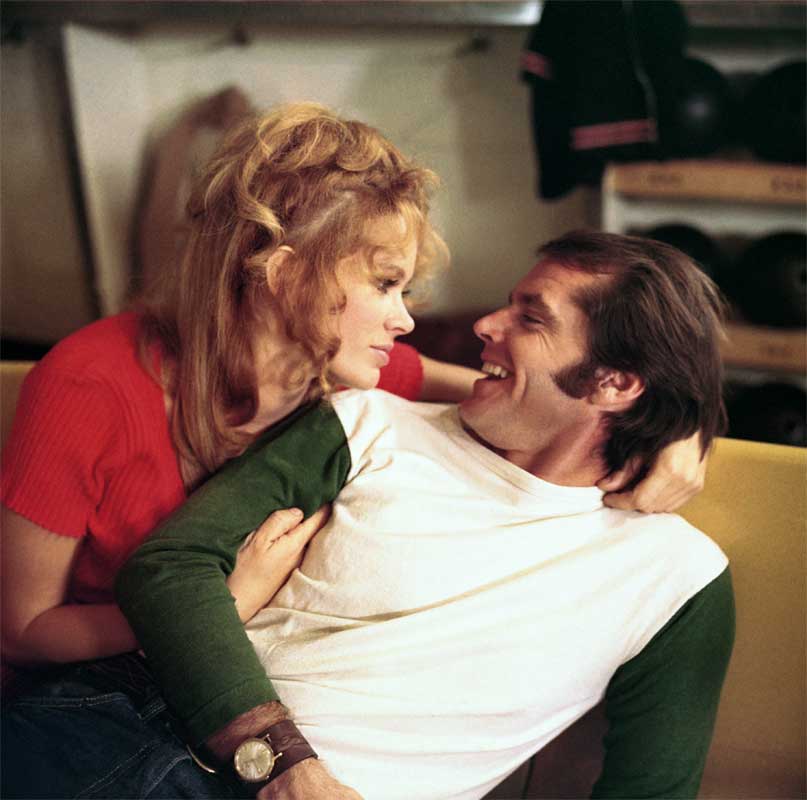
Latest from Music

30 Years Ago: Michael Nyman’s unexpected chart success
Michael Nyman is not a pop star. Yet his soundtrack to The Piano has landed him in the commercial marketplace, writes GARY STEEL

1001 Albums You Must Die Before You Hear – Macho Man Randy Savage
MATT KELLY loves records by washed-up wrestlers but Randy Savage's attempt to musically spar with Hulk Hogan is an unmitigated disaster.
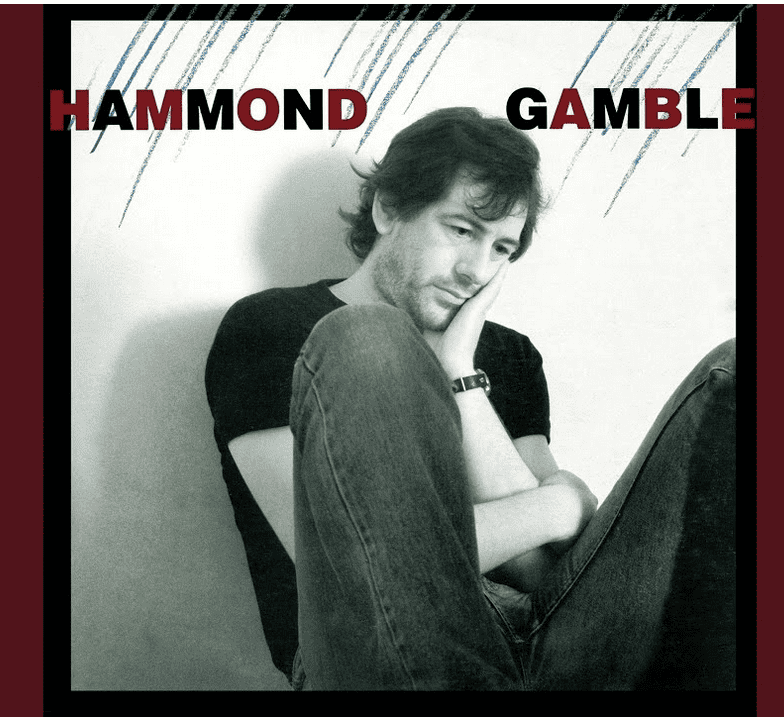
40 Years Ago: Hammond Gamble
GARY STEEL chats with Hammond Gamble about his Allstars Sing The Blues with Beaver.
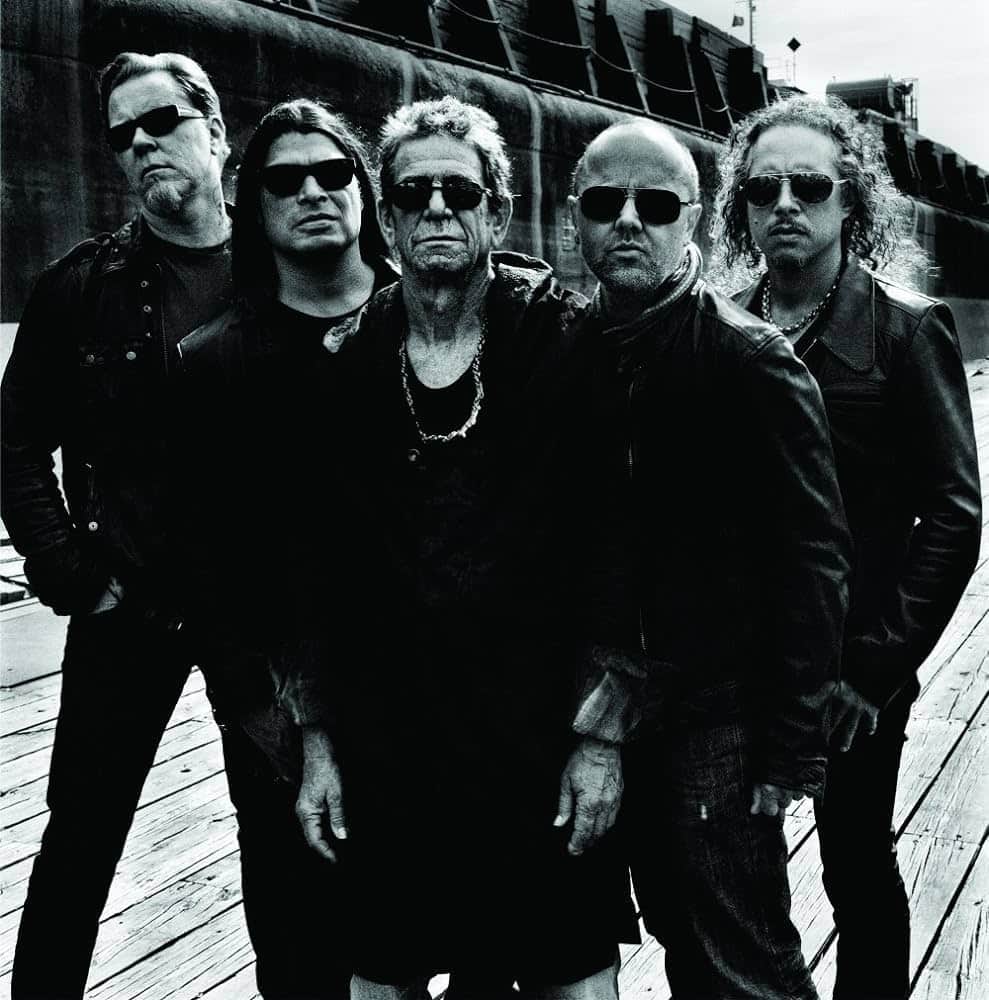
1001 Albums You Must Die Before You Hear #100: Metallica with Lou Reed – Lulu
MATT KELLY somehow manages to listen to 90 minutes of possibly the worst collaborative album by major rock figures ever made.
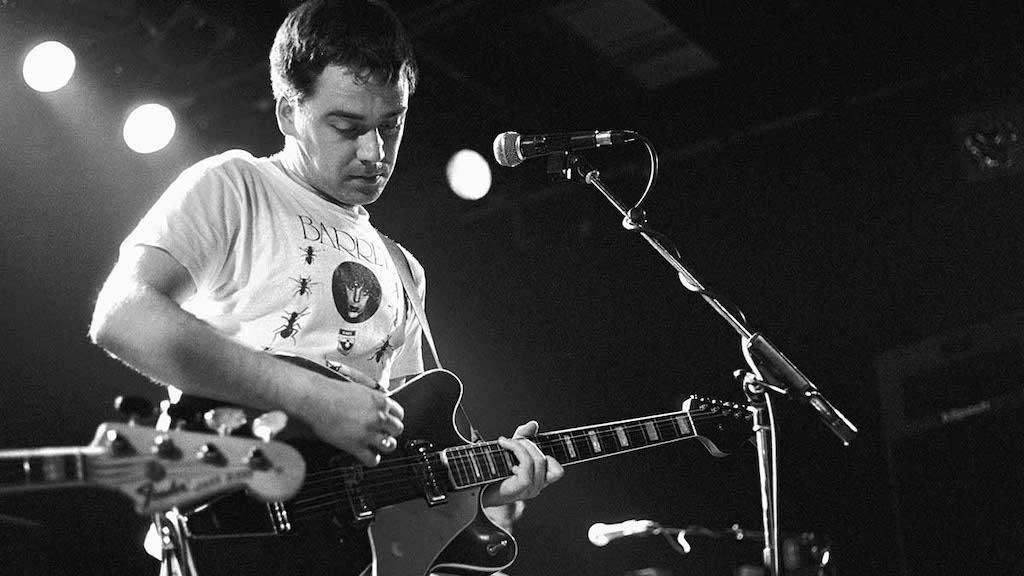
Live Shows From Way Back – The Chills
GARY STEEL revisits his short review of a Chills gig in a pub one dark night in Wellington back in 1984.





